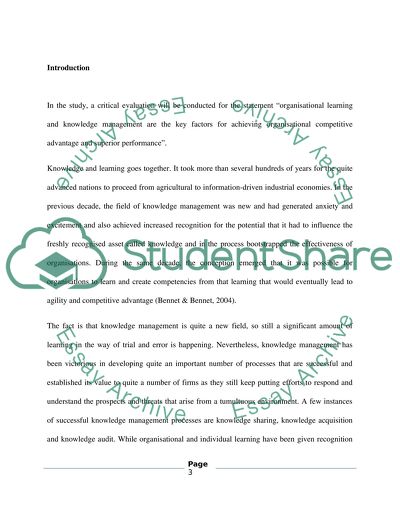Cite this document
(“Organisation culture and change management Assignment”, n.d.)
Retrieved from https://studentshare.org/other/1428029-organisation-culture-and-change-management
Retrieved from https://studentshare.org/other/1428029-organisation-culture-and-change-management
(Organisation Culture and Change Management Assignment)
https://studentshare.org/other/1428029-organisation-culture-and-change-management.
https://studentshare.org/other/1428029-organisation-culture-and-change-management.
“Organisation Culture and Change Management Assignment”, n.d. https://studentshare.org/other/1428029-organisation-culture-and-change-management.


